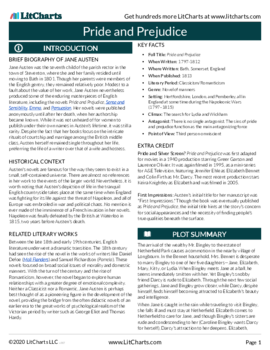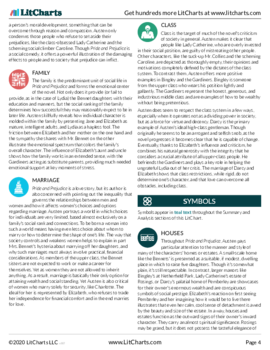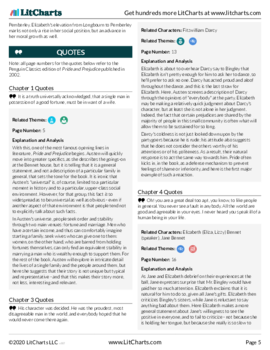- All's Well That Ends Well
- Antony and Cleopatra
- As You Like It
- The Comedy of Errors
- Coriolanus
- Cymbeline
- Hamlet
- Henry IV, Part 1
- Henry IV, Part 2
- Henry V
- Henry VI, Part 1
- Henry VI, Part 2
- Henry VI, Part 3
- Henry VIII
- Julius Caesar
- King John
- King Lear
- Love's Labor's Lost
- A Lover's Complaint
- Macbeth
- Measure for Measure
- The Merchant of Venice
- The Merry Wives of Windsor
- A Midsummer Night's Dream
- Much Ado About Nothing
- Othello
- Pericles
- The Rape of Lucrece
- Richard II
- Richard III
- Romeo and Juliet
- Shakespeare's Sonnets
- The Taming of the Shrew
- The Tempest
- Timon of Athens
- Titus Andronicus
- Troilus and Cressida
- Twelfth Night
- The Two Gentlemen of Verona
- Venus and Adonis
- The Winter's Tale
plus so much more...
-
Lines 1-3
The speaker begins by setting up the context for his poem. The poem is a description of a memory recounted from the first-person point of view, as the pronoun "I" in line 3 indicates. This description is addressed directly to someone, the "you" in line 3, who is also the subject of the memory. The apostrophe—the first-person address directly to another person—gives the poem a particularly strong sense of emotional intimacy, almost as if readers are overhearing a private conversation (the speaker's conversation with another person or even with himself, since the "you" being addressed is someone who is not necessarily present to the speaker).
The reader can infer that this memory has strong emotional significance for the speaker. The speaker remembers the exact day when the event took place ("almost to the day") even though it was "eighteen years ago." He delays saying exactly what the event was until lines 3-4, establishing the setting first. The time was a "sunny day with the leaves just turning"—the ending of summer and the beginning of fall, with the leaves just starting to change color. The place was a playing field with "touch-lines," or sidelines, "new-ruled" for the start of the new season. These details not only allow the reader to picture the event but also carry symbolic significance: it turns out that this event marks the end of one season and the beginning of another in the life of the speaker's son, the "you" being addressed.
The event is the son's "first game of football." Participation in organized sports is a traditional rite of passage for young people, especially young men. The football game is a well established, well organized experience. There are touch-lines that demarcate the field and tell the son where he can and can't go, and those lines are "new-ruled," or set down on the field again, at the start of every new season, as the games take place regularly every year. But even if football is a familiar tradition in the larger culture, it is new for this particular boy. He has to learn the rules and rituals that belong to this unfamiliar environment.
The first stanza also establishes the irregular meter of the poem. The irregular meter, combined with the frequent device of enjambment, means the poem sounds less like a formal artistic artifact and more like the authentic, spontaneous recollection of a genuine memory.

|
PDF downloads of all 3054 of our lit guides, poetry guides, Shakescleare translations, and literary terms.
PDF downloads of all 1912 LitCharts literature guides, and of every new one we publish.
Learn more
|

|
Explanations for every quote we cover.
Detailed quotes explanations (and citation info) for every important quote on the site.
Learn more
|

|
Instant PDF downloads of 136 literary devices and terms.
Definitions and examples for 136 literary devices and terms. Instant PDF downloads.
Learn more
|

|
Compare and contrast related themes.
Compare and contrast Related Themes across different books.
Learn more
|

|
Teacher Editions for all 1912 titles we cover.
LitCharts Teacher Editions for every title we cover.
Learn more
|

|
PDFs of modern translations of every Shakespeare play and poem.
PDFs of modern translations of every Shakespeare play and poem.
Learn more
|

|
Advanced search across our collection.
Advanced Search. Find themes, quotes, symbols, and characters across our collection.
Learn more
|

|
Line-by-line explanations, plus analysis of poetic devices for lyric poems we cover.
Line-by-line explanations, plus analysis of poetic devices for every lyric poem we cover.
Learn more
|


For every lyric poem we cover.



Literature Guide PDFs
LitCharts PDFs for every book you'll read this year.



Quotes Explanations
For all 42,282 quotes we cover.





Teacher Editions
Time saved for teachers.
For every book we cover.
Common Core-aligned



PDFs of modern translations of every one of Shakespeare's 37 plays, 154 sonnets, and 3 longer poems.


Plus a quick-reference PDF with concise definitions of all 136 terms in one place.





















